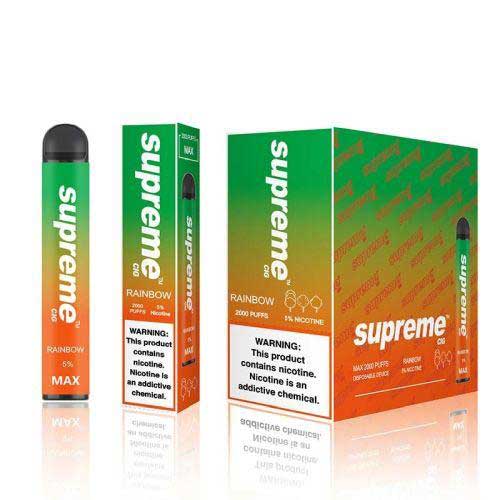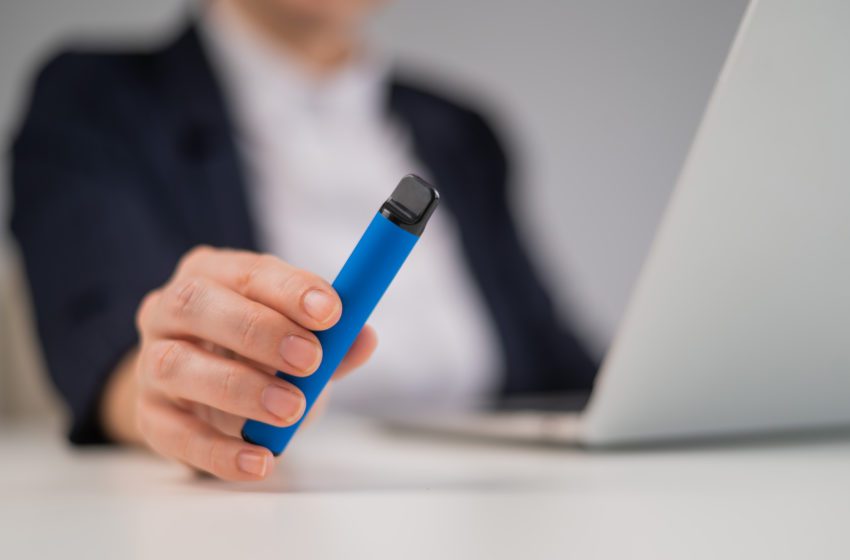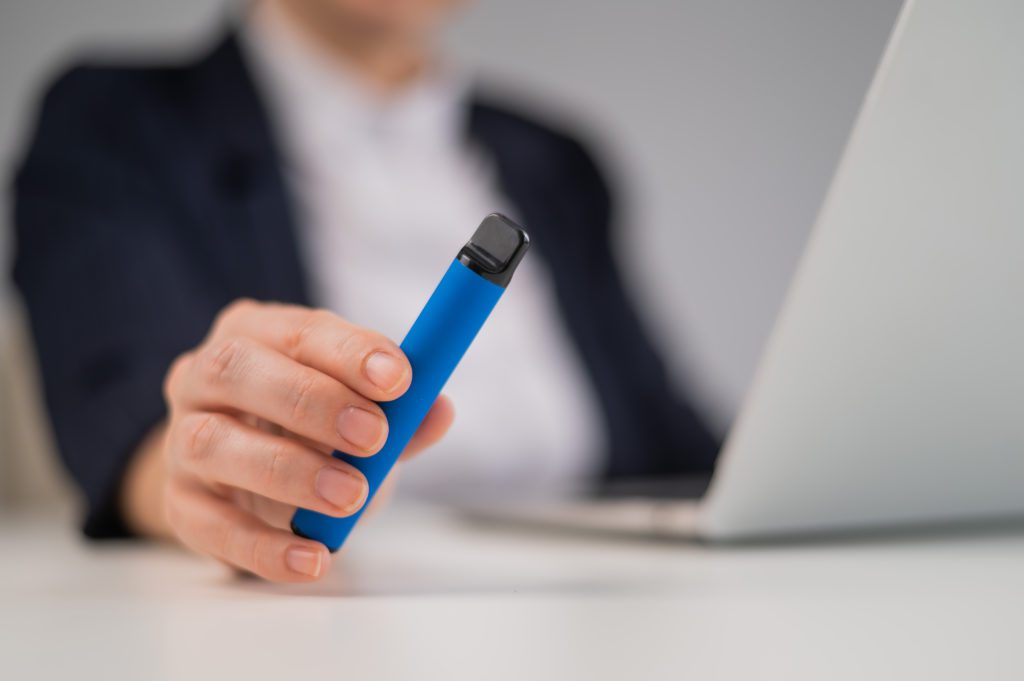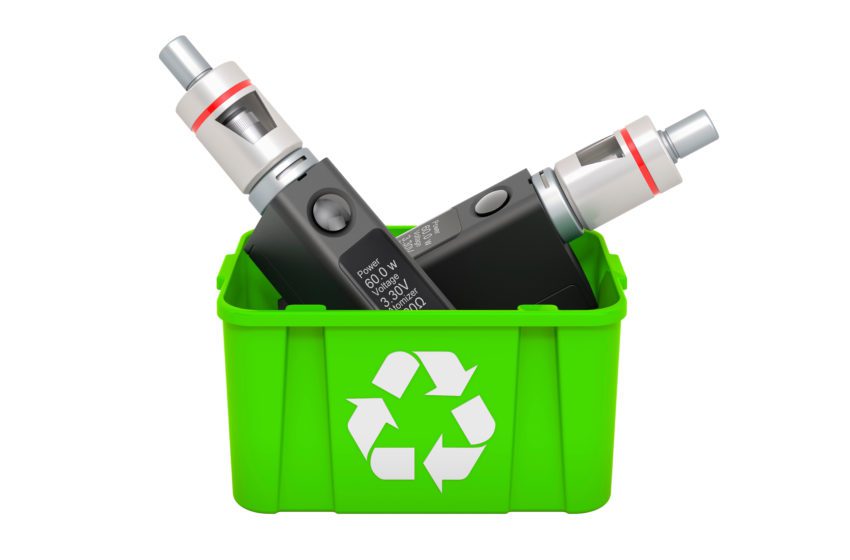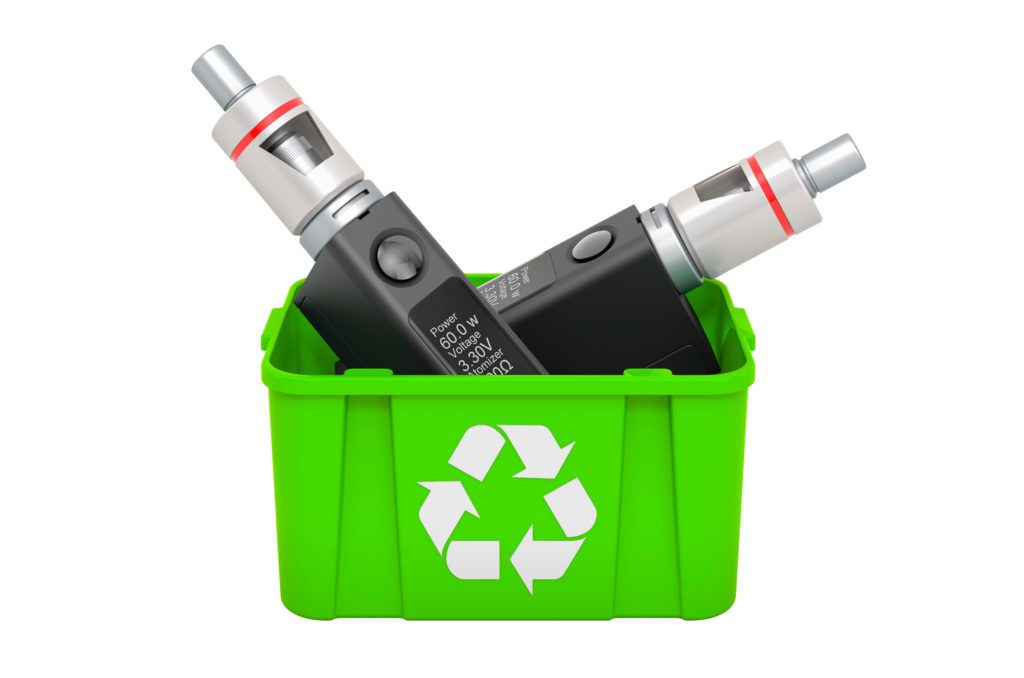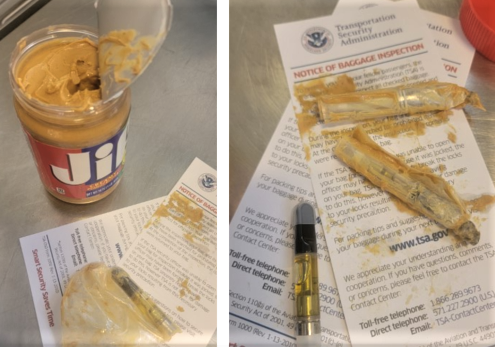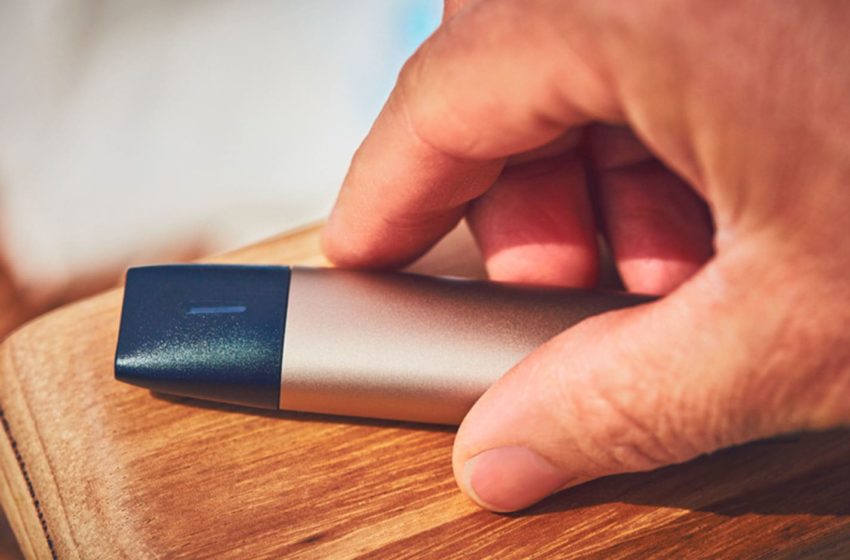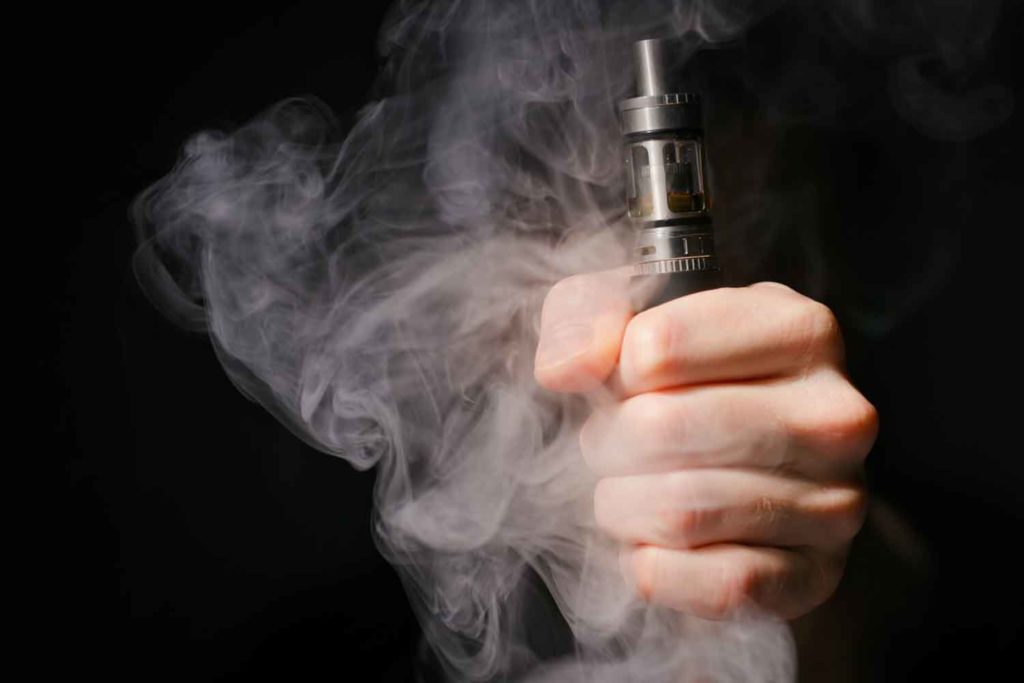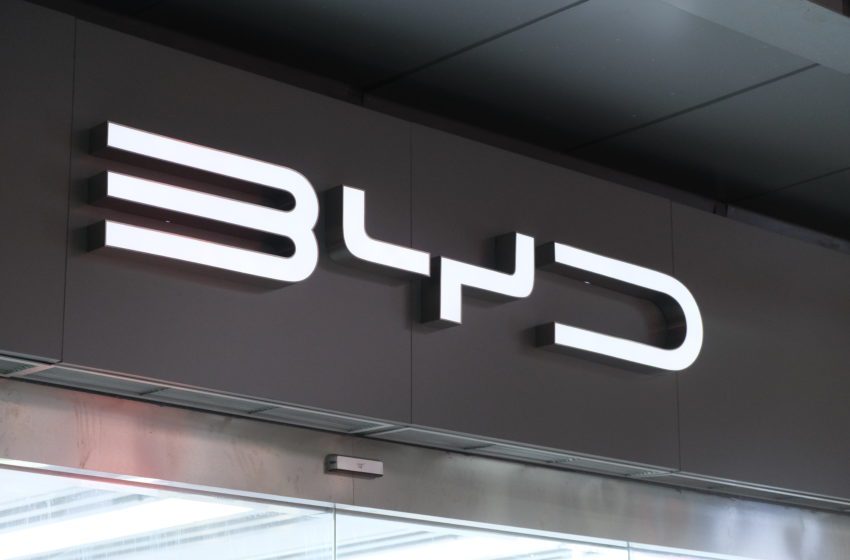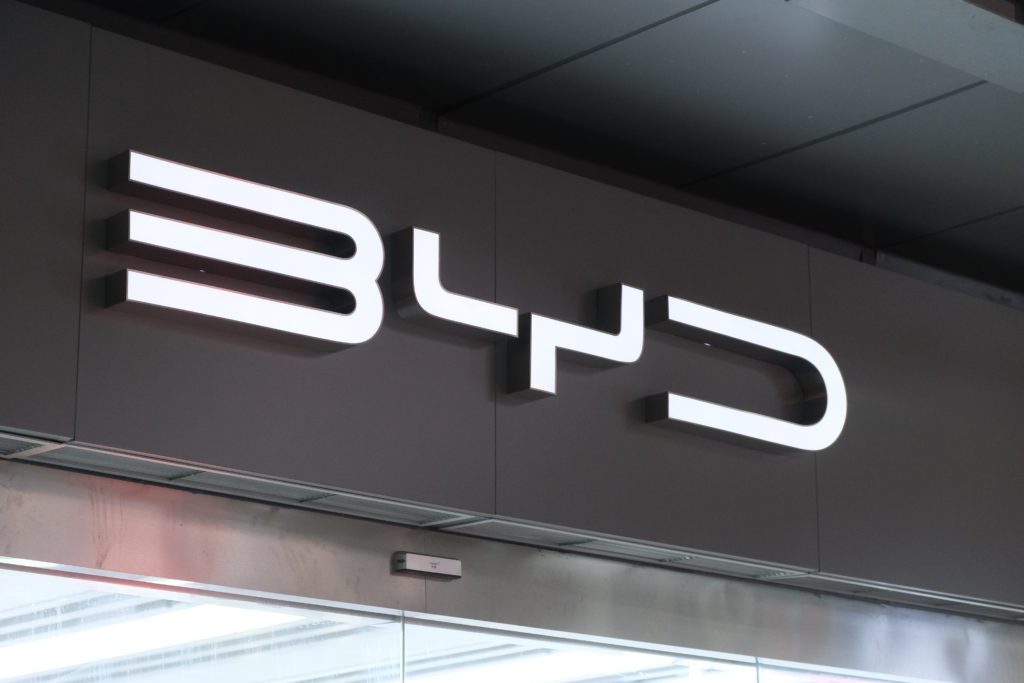
The Department of Trade and Industry (DTI) in the Philippines is preparing the draft Implementing Rules and Regulations (IRR) of the Vaporized Nicotine Products Regulation Act or Vape Regulation law.
DTI Undersecretary for Consumer Protection Group Ruth Castelo, according to the Manila Bulletin, said at the Laging Handa Public Briefing that since the DTI has been designated as the implementing government agency, they will have to follow the law.
“Anytime soon or in a couple of days, we can start with consultation with the Food and Drug Administration and then public consultation,” said Castelo noting that they have a deadline to meet under the law to come up with the IRR. The law, which lapsed into law on July 25, 2022, directs DTI to come up with the IRR three months from its effectivity.
She said that DTI will lead in terms of testing the devices for the new tobacco alternative products. In fact, Castelo said that DTI testing equipment have been readied since 2021 yet.
But the FDA will lead or approve certifications when it comes to chemicals and health claims of the products.
The Vape law regulates the importation, manufacture, sale, packaging, distribution, use and communication of vaporized nicotine and non-nicotine products, as well as novel tobacco products. Under the law, manufacturers are given three months to notify the DTI prior to placing new nicotine products in the market.




